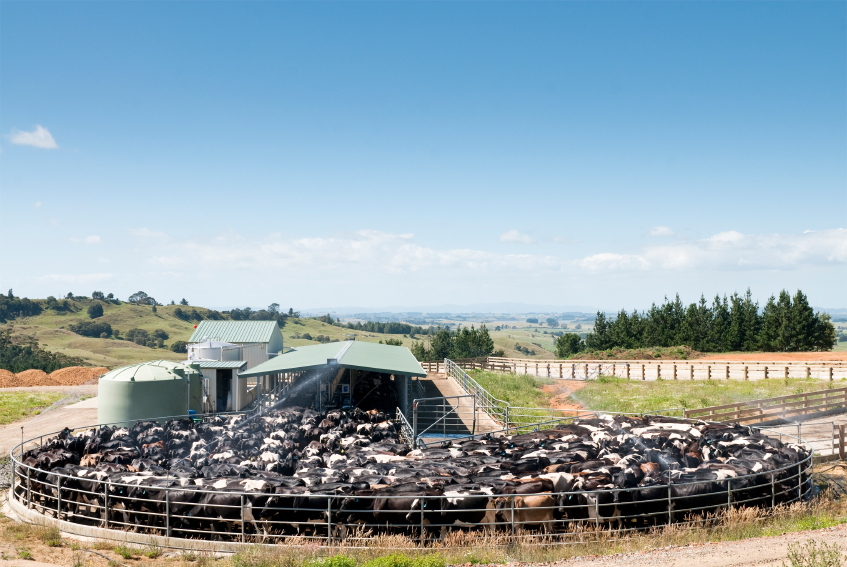On this page
What is New Zealand's trade policy?
New Zealand's prosperity depends on trade. We work hard to expand opportunities and improve conditions for New Zealand in overseas markets and we support international trade rules which, alongside other government policies, support sustainable and inclusive economic development.
Why does New Zealand advocate free trade?
New Zealand is a strong advocate for free trade and the regional and international institutions that support it. This is the case for a number of key reasons:
- Trade is critical to New Zealand’s economy. We can only pay for the goods and services we import from overseas by selling exports to other countries. In 2023, one in four jobs in New Zealand—or around 680,000 New Zealanders—derived their livelihoods from producing goods and services for export.
- Supporting open markets is a logical response to the nature of our economy. With a population of just over 5 million people, we lack the scale to produce at affordable prices the diverse high quality goods we import, and we are too small to provide a market that would sustain many of our export sectors. The jobs of more than 600,000 New Zealanders are in direct export sectors or in sectors supporting exports. Many of these jobs are in the regions. Overseas markets provide the opportunity for New Zealand businesses to grow to a scale that simply could not happen in New Zealand alone.
- Free trade doesn’t just benefit our exporters. Our open economy has meant New Zealand importers and consumers now enjoy access to a much wider and more competitively priced range of goods and services. Without imports New Zealanders would not have access to anything containing a computer chip – such as mobile phones, computers, and modern televisions. The competition provided by imports ensures that consumers can access a wider range of quality products at internationally competitive prices than would be possible if we could buy only from ourselves.
- Other countries are seeking to trade more as well. In recent decades, the number of regional and bilateral free trade agreements (FTAs) has increased significantly. As our global competitors develop new networks of trade agreements with each other, New Zealand also needs to ensure we have a strong network of FTAs to ensure our exporters are not disadvantaged.

Goods trade
Goods make up approximately 70% of New Zealand's total goods and services exports, valued at $68.6 billion in 2023. For our major primary sectors – meat, dairy, fisheries, wine, forestry and some horticulture products – between about 70 percent and 95 percent of the output they produce is exported. Without trade, between 70 and 95 percent of those industries in New Zealand would simply not exist. The impact on Māori and the regions would be especially acute.
Agricultural goods – New Zealand is the world’s 15th-largest agricultural exporter by value in 2022 according to the World Trade Organization(external link), and the second-largest dairy exporter (behind the European Union). Improving productivity, value-add and export earnings in this sector are critical to New Zealand's sustainable economic growth. FTAs are one way the government can support such growth.
Non-agricultural goods – 38% of our merchandise exports are non-agricultural goods. Our top earners include forestry products, manufactured and industrial products, and fish and seafood. These are equally dependent on international trade, meaning it's critical we ensure businesses take full advantage of our current FTAs, and seek to create new opportunities through our trade policy.
Services and investment
Services made up around 28% of New Zealand goods and services exports in 2023, valued at 26.8 billion. These exports include tourism (our largest service export), transport, education and commercial services such as IT, telecommunications, accounting and film production. Services exports (and imports) allow New Zealand firms to grow their businesses by taking advantage of offshore opportunities, and new technologies are making it easier to do this digitally. Inwards and outwards foreign investment can help New Zealand businesses better integrate into supply chains, improve market access, reduce costs and increase productivity. High-quality comprehensive FTAs that cover trade in services and investment, as well as trade in goods, help support the New Zealand economy.

